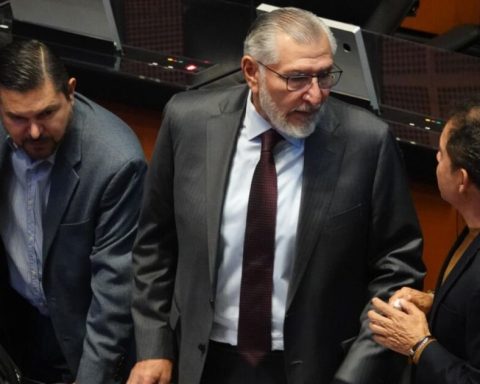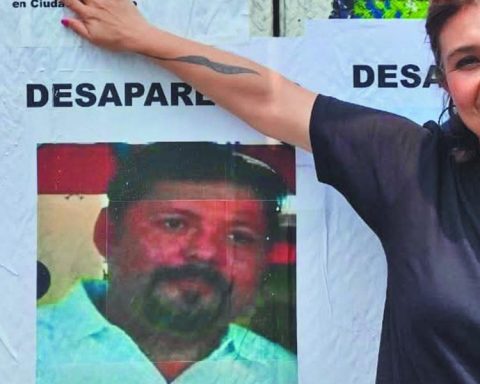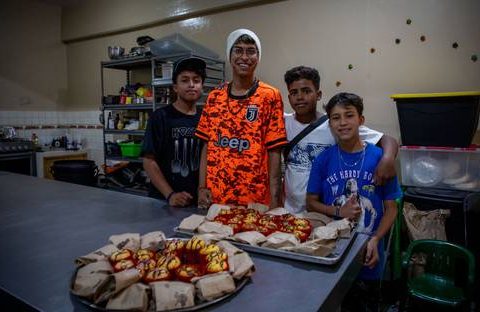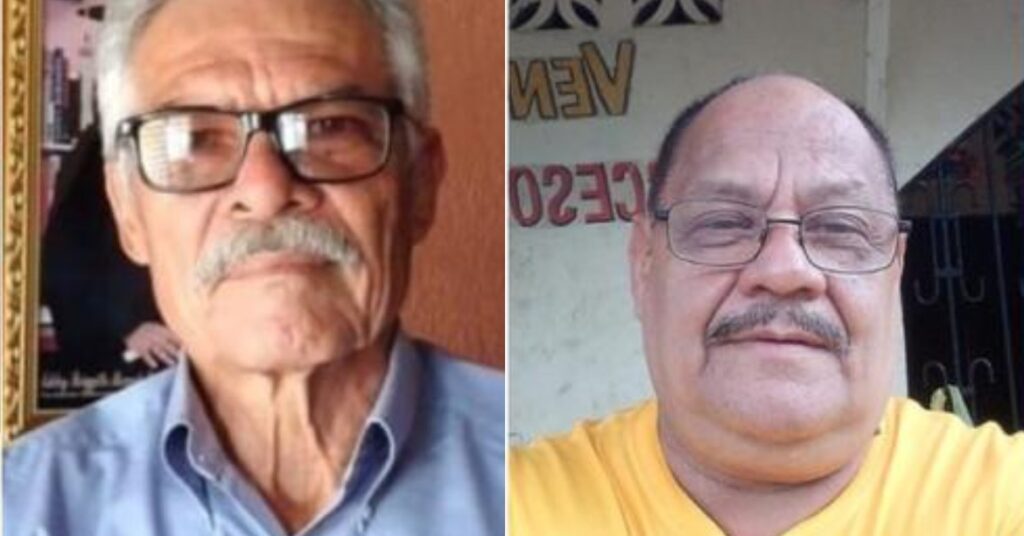Nestor Jimenez and Jessica Xantomila
Newspaper La Jornada
Wednesday December 28, 2022, p. 4
During 2022, the Ministry of the Interior has led negotiations together with state and municipal governments to resolve at least 20 social conflicts in 12 states of the country, involving hundreds of families that have been forced to be displaced from their communities.
While peace and conciliation agreements remain in force in two towns, and despite the fact that several of those affected acknowledge Will
of the federal authorities to move forward, in the rest there are still no final agreements, and dialogue tables, assemblies and meetings are ongoing in search of finalizing resolutions for the coming year.
Among the cases that the federal agency tried to reconcile, along with the Oaxaca state government, is the petition of displaced Triqui families.
Since 2021, 147 families of the Independent Triqui Unification and Struggle Movement (Multi) left their homes in Tierra Blanca, Copala, after conflicts with members of the Triqui Unification and Struggle Movement (Mult).
After months of living in different parts of Mexico City, and after negotiating tables at the headquarters of the Interior, a non-aggression agreement was signed last May that would allow his return. However, the murder in Oaxaca of a Mult leader caused the return to be suspended a couple of days before the return.
negotiating tables
In an interview, Horacio Santiago, a member of the leadership of the Multi, explained that recently there were important advances after the change of government in Oaxaca, and the return of the negotiating tables was finalized in the process of resolving the conflict.
According to the information they have given us, there is progress in the talks for the return to Tierra Blanca and the Mult is willing to talk. We must wait for the tables to find out if the loose ends are being tightened. On the part of the Interior, what we do recognize is the willingness to resolve
he expressed.
The region of Aldama and Chenalhó, in Chiapas, is another area where families have had to leave their homes. Last June, they signed a conciliation agreement to resolve the agrarian conflict that began more than 40 years ago. In parallel, and just a couple of months later, acts of violence were reported in that region, and complaints from 250 people displaced in the presence of armed groups.
In that region, in Pantelhó, the discrepancies of electoral origin have deepened the divisions in the municipality where the Tseltal and Tsotsil communities reside. As an exit route, a Municipal Council was formed in August 2021, developing dialogue tables this year.
Meanwhile, in Morelos, the federal and state authorities signed a peace pact with the indigenous government of the municipality of Hueyapan, with the aim of allowing the process of renewal of authorities of the Joint Indigenous Government Council, in accordance with its own regulations.
On December 20, the commissioner for the Dialogue with the Indigenous Peoples of Mexico, Josefina Bravo Rangel, explained that, together with said dialogues, and as a result of the caravan of members of the Wixárika community of San Sebastián Teponahuaxtlán, in Nayarit, Said Commission and the Agrarian Attorney’s Office are coordinating work for the restitution of 10,500 hectares.
Returning to part of the report presented at the beginning of the month on human rights prepared by the agency, he added that “they are working on the construction of the Justice Plan for the Wixárika, Na’ayeri, Mexican and O’dam peoples, of the states of Jalisco, Nayarit and Durango”, as well as in the Justice Plan of the Yumano and Cochimí peoples, of the state of Baja California.
















